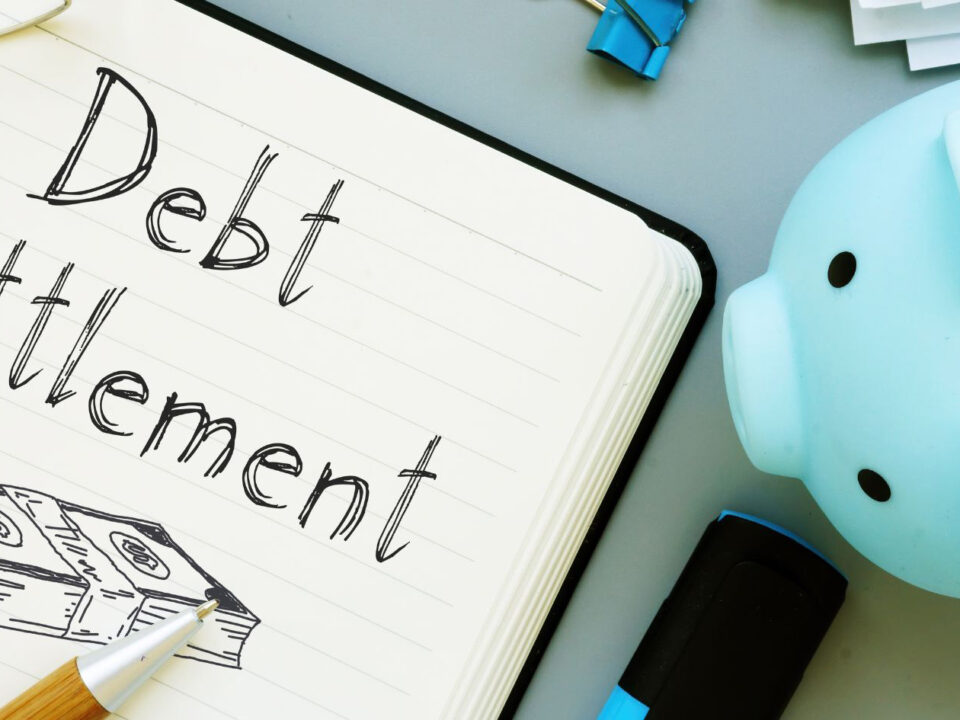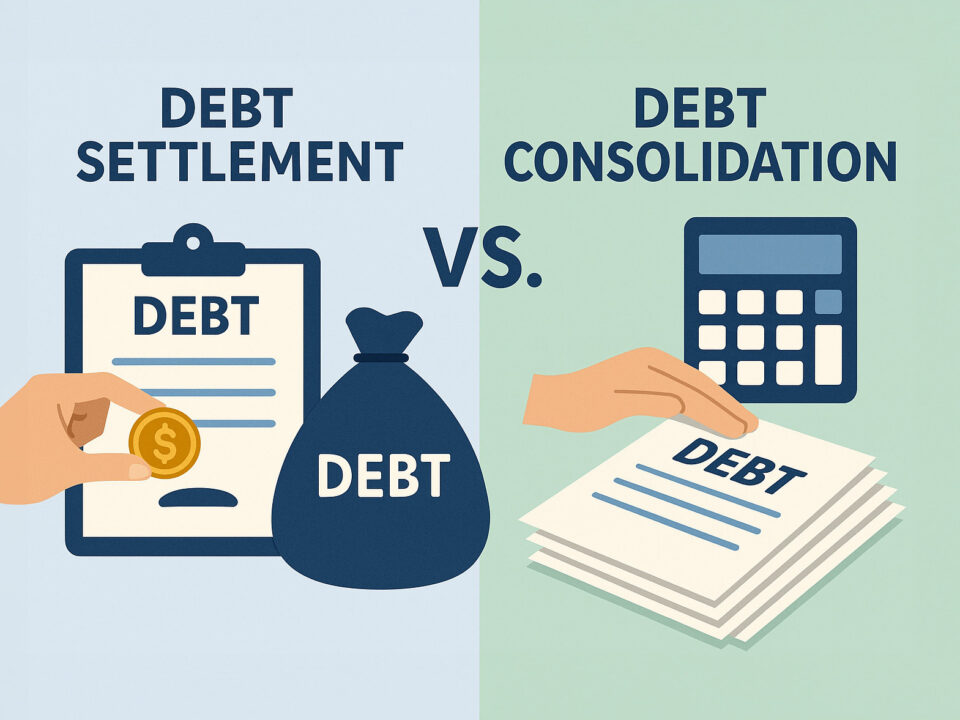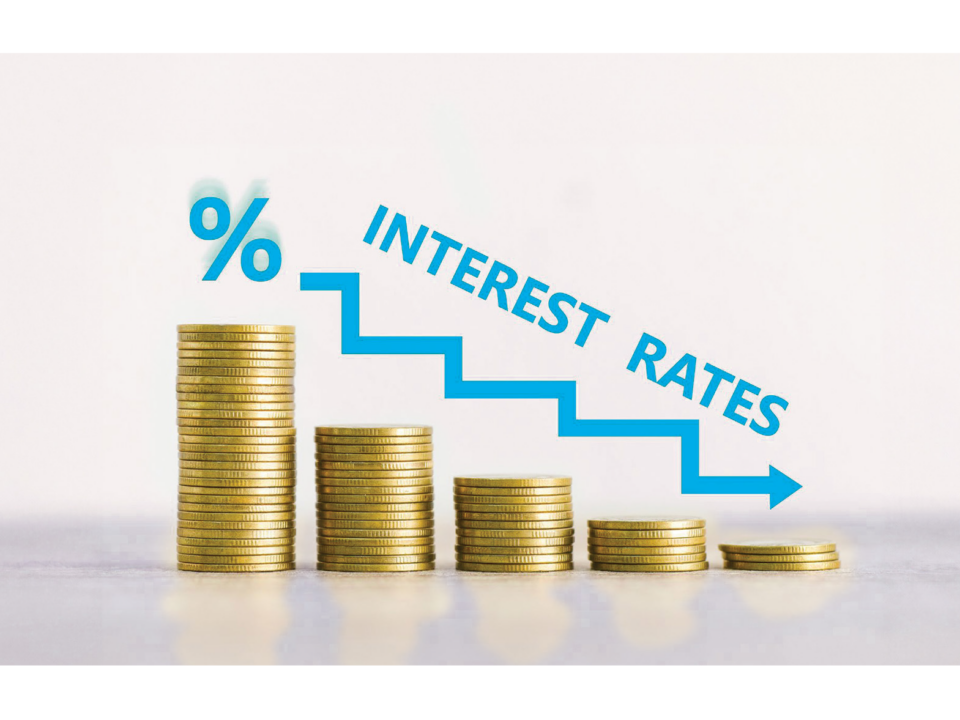
Do debt consolidation loans hurt your credit?
This is a popular question many Americans wonder about as they seek relief from high interest from debt payments.
Consolidating debt can be an amazing way to get back on your feet. But it’s important to know how it could affect your credit score, too.

Here’s what you should know.
What Is Debt Consolidation?
Debt consolidation is the practice of taking many credit cards or lines of credit and condensing them into one lump sum.
The benefit of getting debt consolidation loans is three-fold.
One, you remove the headache of having to pay several bills each month. Two, you can wipe out the higher interest payments that make it hard to get out of debt. And three, you may actually be able to lower your monthly payment.
Do Debt Consolidation Loans Hurt Your Credit?
Believe it or not, there’s actually a chance that debt consolidation could improve your score. But each person’s situation is different.
Your credit score is partially based on your credit utilization ratio. By making it all into one loan, you could lower this, which might raise your score.
Over time, it could also boost your score if making one payment each month keeps you on time with payments.
With multiple accounts open, you always run the risk of missing a payment or becoming delinquent—which as many as 1 in 3 Americans are—and this can really hurt your score.
But Could It Drop My Score?
Initially, yes. There is always a risk that your score will drop when you open a new line of credit. This would be required to transfer balances and/or consolidate the loan.
However, the determining factors for your credit score are not weighted equally. Your history of on-time payments and total credit usage matter most.
This means that if you use debt consolidation as a step towards reducing your debt—and never miss any monthly repayments—that you should see an increase in your score over time.
Other Factors

Other than asking if do debt consolidation loans hurt your credit–there are some other things to consider.
For example, be sure to ask about fees. If consolidation fees are going to cost you the same amount as the interest would, it might not be worth the hassle. (Use this debt calculator to figure that out for yourself.)
Secondly, it’s important to consider the risks associated. Some lenders require you to put collateral up before consolidating your loans. Is putting up your home, car, or another important asset worth the lower payment? Or could you be setting yourself up for failure later on?
Debt Consolidation
So, do debt consolidation loans hurt your credit?
Possibly in the short-term. But if you’re using debt consolidation to get your financial situation back on track, it could actually raise it over the long term.
If you’re worried about your score, don’t do things that could potentially affect it during the process of debt consolidation. For example, avoid opening new accounts or missing payments.
Learn about our debt consolidation options today and see what could be right for you!

Michael is the Chief Revenue Officer and co-founder of Prudent Financial Solutions. Michael’s career in the FinTech space began in 2015 as a Financial Consultant at Strategic Financial Solutions. Michael quickly became a top producer in the organization. He served as a member of the internal advisory board that helped streamline processes and drive organizational change. He later joined Premium Merchant Funding, an alternative lending firm that specialized in small and medium business financing. Michael served as Managing Director of G&G Funding, where he managed a full sales team and was responsible for driving revenue. Michael graduated from Providence College with a Bachelors of Science in Finance and Accounting.



